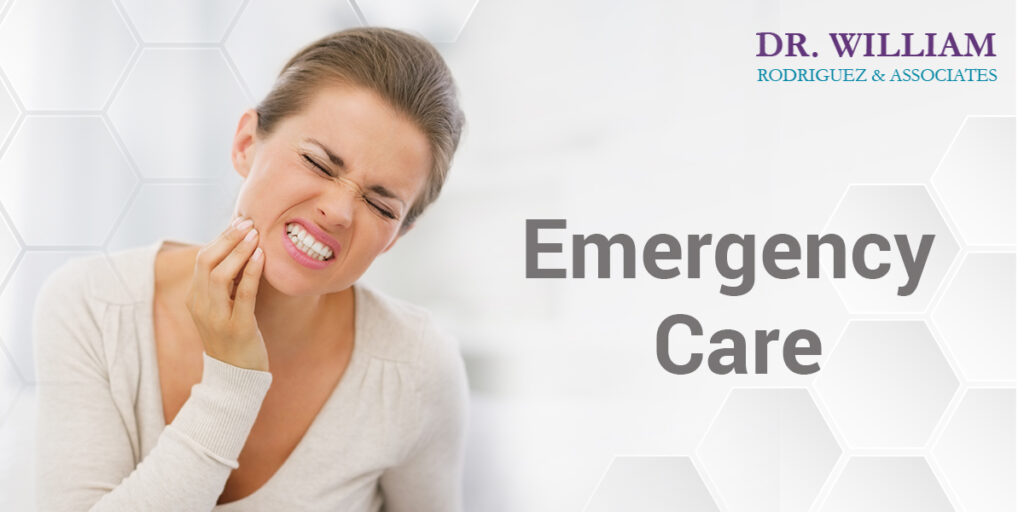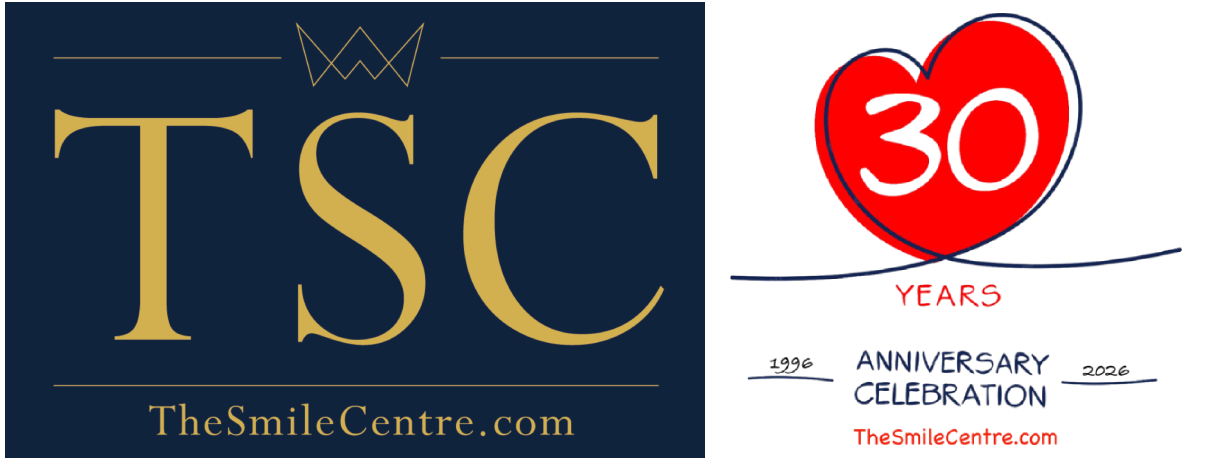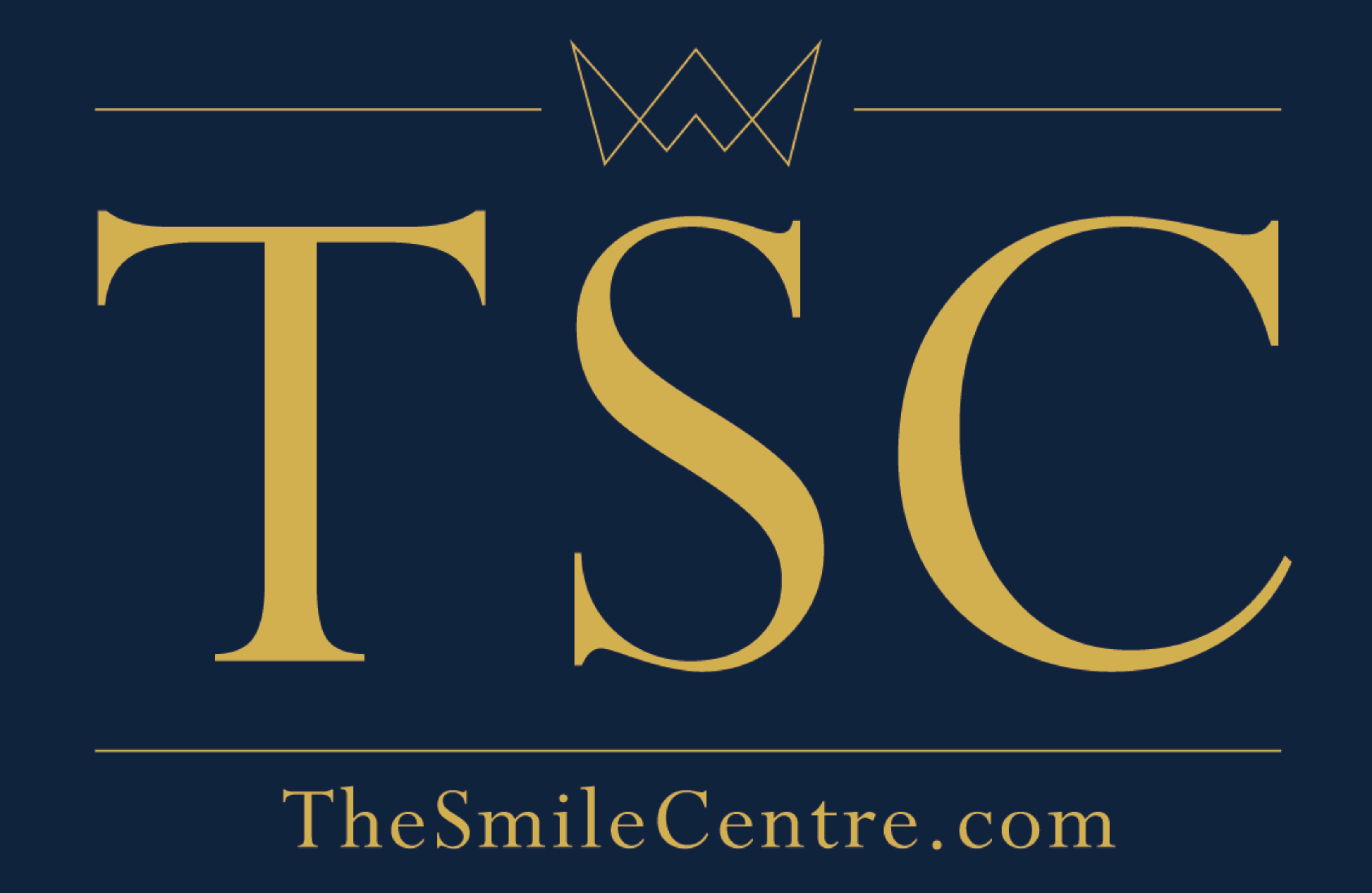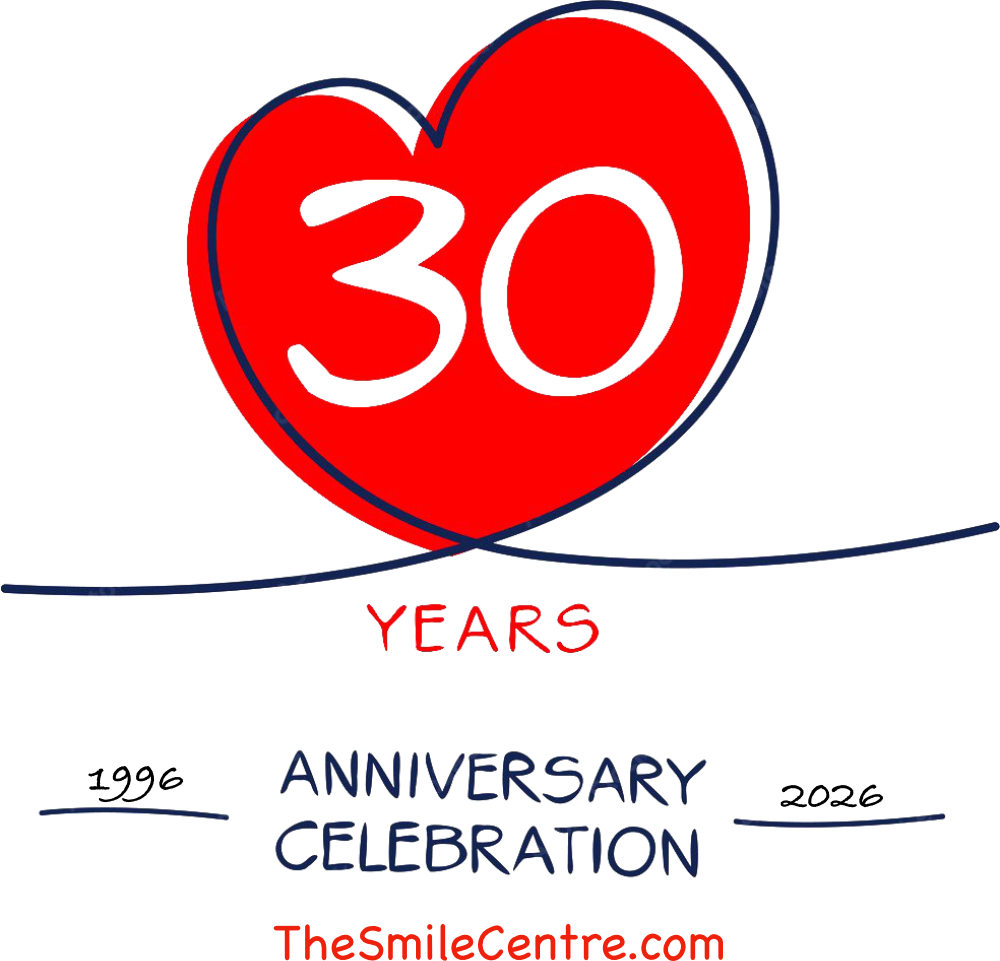A sudden toothache can be alarming and disruptive, often striking when you least expect it—at night, during a meal, or right before a big event. While some toothaches are mild and short-lived, others may indicate a more serious underlying dental issue that requires immediate attention.
At The Smile Centre, we understand how stressful and painful dental emergencies can be. That’s why we offer emergency dental care to help you get relief quickly and prevent further complications.
If you’re dealing with a painful toothache, here’s what you need to know and what steps you should take.

What Causes a Toothache?
A toothache can result from a wide range of dental problems. Common causes include:
- Tooth decay or cavities that have reached the inner nerve
- Gum infections or periodontal disease
- Cracked or broken teeth from injury or pressure
- Abscesses (pus-filled infections) at the root of the tooth
- Impacted wisdom teeth
- Loose fillings or crowns
- Teeth grinding (bruxism)
Identifying the cause is essential for proper treatment, which is why it’s important not to ignore persistent or severe tooth pain.
Signs You Need Emergency Dental Care
While mild, short-term discomfort may not require urgent care, the following symptoms mean it’s time to contact a dentist immediately:
- Intense or throbbing tooth pain that doesn’t go away
- Swelling in the face or gums
- Fever or signs of infection
- Pain when biting or chewing
- A cracked, chipped, or knocked-out tooth
- Bleeding or pus around the tooth or gumline
If you’re unsure whether your toothache is an emergency, it’s better to err on the side of caution and call your dental provider for guidance.
What to Do When a Toothache Strikes
While you wait to see your dentist, you can manage the pain and reduce discomfort with the following steps:
1. Rinse with warm salt water
This helps reduce inflammation and flush out bacteria. Mix ½ teaspoon of salt in a glass of warm water and rinse gently.
2. Take over-the-counter pain relievers
Ibuprofen or acetaminophen can help manage the pain temporarily. Be sure to follow the dosage instructions and avoid placing aspirin directly on your gums—it can cause irritation.
3. Apply a cold compress
If there’s swelling, apply a cold compress or ice pack to the outside of your cheek for 15–20 minutes to reduce inflammation.
4. Avoid hot, cold, or sweet foods
These can worsen sensitivity and pain. Stick to soft, lukewarm foods until you get treatment.
5. Keep your head elevated
Lying flat can increase blood flow to the head and intensify the pain. Try sleeping with an extra pillow for support.
How The Smile Centre Handles Dental Emergencies
At The Smile Centre, we prioritize your health and comfort. If you’re experiencing a dental emergency like a severe toothache, we strive to accommodate same-day appointments whenever possible. Our experienced team will assess the situation, take digital X-rays if needed, and provide prompt, effective treatment to relieve your pain.
Depending on the cause of your toothache, treatments may include:
- Dental fillings
- Root canal therapy
- Tooth extraction
- Antibiotics for infection
- Emergency crown or bridge repair
Our modern, patient-focused approach ensures you’re not only treated quickly but also made to feel safe and cared for throughout your visit.
Preventing Future Toothaches
Regular checkups and cleanings are the best way to avoid sudden dental pain. Preventive care helps catch small issues before they become serious and keeps your teeth and gums healthy.
Tips to avoid future toothaches:
- Brush and floss daily
- Schedule dental visits every 6 months
- Use a night guard if you grind your teeth
- Avoid chewing hard foods or ice
- Maintain a balanced diet low in sugar
Don’t Suffer in Pain — Get Help Today
Toothaches can go from annoying to unbearable in a short time. The sooner you seek care, the faster you’ll find relief and prevent complications.
If you’re experiencing a dental emergency, contact The Smile Centre right away. Our caring team is here to provide prompt, professional help—because no one should suffer through tooth pain alone.


